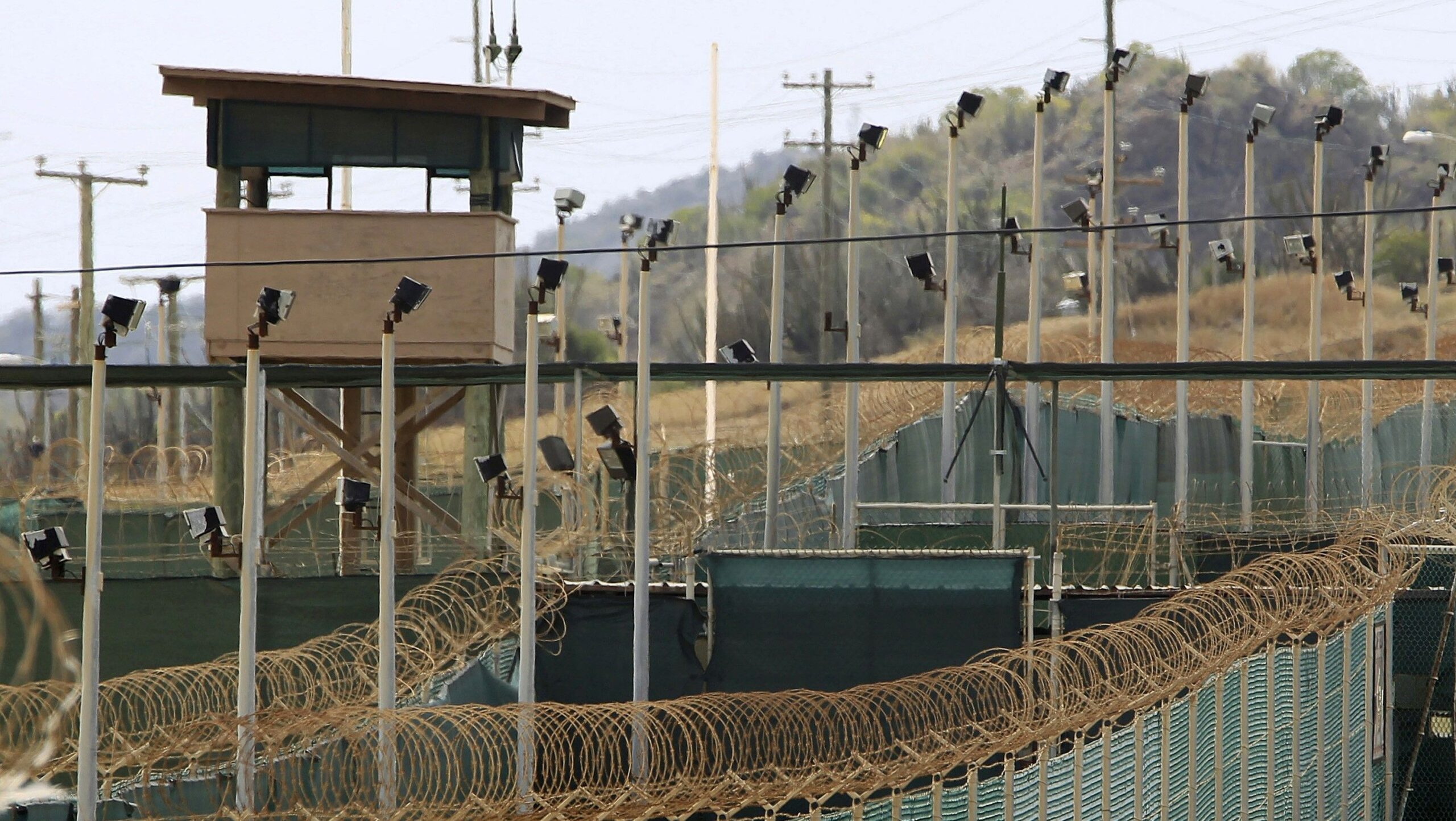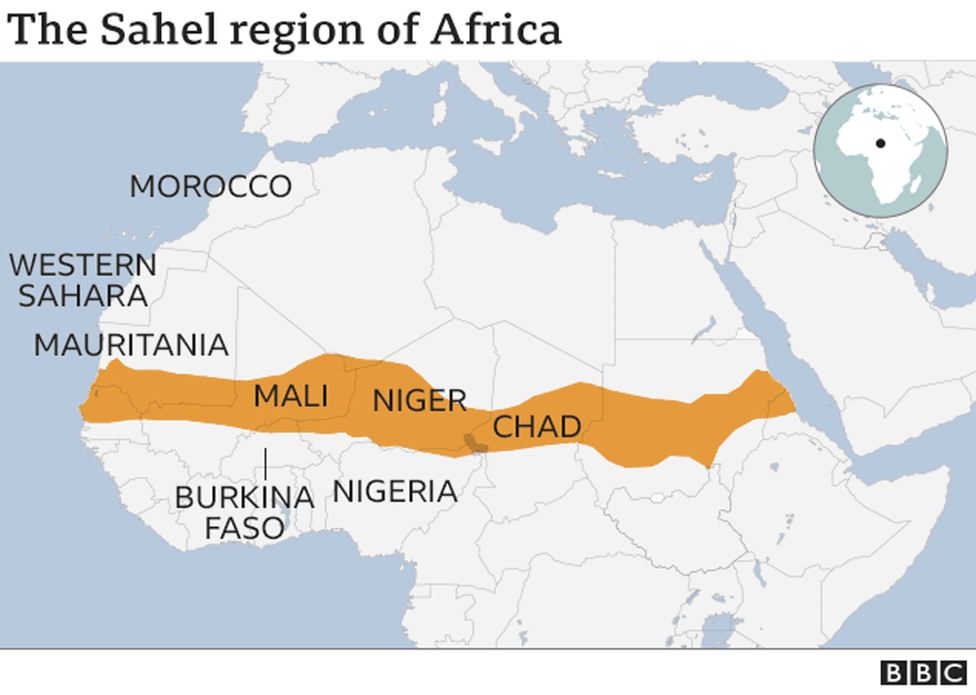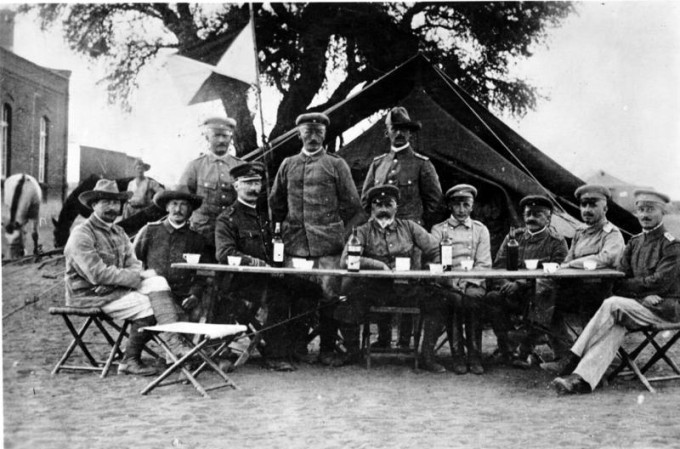
Guantanamo Bay Detention Camp
By Cde Mafa Kwanisai Mafa
The Zimbabwe-Cuba solidarity movement unequivocally condemns the United States’ decision to imprison tens of thousands of migrants at the Guantanamo Naval Base.
This move underscores the U.S. government’s inhumane immigration policies and continued violation of Cuba’s sovereignty.

This decision reflects the longstanding brutality of U.S. foreign policy, which has historically destabilised many nations, creating conditions that force people to migrate in search of better opportunities.
Guantanamo: An Illegal Military Enclave
The territory of Guantanamo belongs to Cuba, yet the U.S. continues its illegal occupation, using it as a symbol of imperial impunity.
Guantanamo is already notorious for its torture facility, where detainees have been held indefinitely without trial, violating fundamental human rights and international legal norms.
Now, the U.S. seeks to transform this occupied territory into a detention camp for migrants, further extending its legacy of human suffering and oppression.
This new policy is particularly alarming given the history of human rights abuses at Guantanamo. The notorious prison facility there has been the subject of international condemnation, with reports of torture, unlawful detention, and mistreatment of prisoners.
The proposed detention of migrants at the same location raises concerns about how these individuals will be treated and what legal protections, if any, they will be afforded. This move also signals an extension of U.S. imperialist tactics, reinforcing a long history of disregarding international law.
Zimbabwe stands in full solidarity with Cuba in rejecting this decision. As a nation that has faced its share of economic and political aggression from the U.S., Zimbabwe understands the consequences of unilateral coercive measures.
The blockade against Cuba, much like the illegal sanctions imposed on Zimbabwe, has sought to cripple economies and undermine national sovereignty, forcing many to seek refuge in foreign lands. The proposed mass incarceration of migrants at Guantanamo is a continuation of this legacy of repression.
The U.S. Must Acknowledge Its Role in Global Migration Crises
Many of the migrants the U.S. seeks to expel are victims of its exploitative economic policies, including interventionist strategies that have destabilized their home countries.
These individuals have contributed immensely to the U.S. economy, working in essential sectors such as agriculture, construction, industry, and services.
Instead of acknowledging their contributions and treating them with dignity, the U.S. government is choosing to criminalize and detain them.
The migration crisis is not an isolated issue but a reflection of broader systemic inequalities perpetuated by Western policies. Many of the countries from which these migrants originate have suffered from economic exploitation, resource plundering, and political interference by the U.S. and its allies.
The structural adjustment programs imposed by international financial institutions, often influenced by U.S. policies, have led to economic decline, job losses, and worsening living conditions, forcing people to migrate.
Furthermore, the impact of climate change, another crisis exacerbated by Western industrial practices, has made many regions in the Global South uninhabitable.
Instead of taking responsibility for its role in creating these conditions, the U.S. is attempting to shift the burden onto vulnerable populations by detaining and deporting them. This approach is not only inhumane but also fails to address the root causes of migration.
Historical Parallels and the Continued Struggle for Justice
The exploitation of migrant labour has a long history in the U.S. The country has historically relied on immigrant workers to sustain its economy while simultaneously enacting policies that dehumanize them.
From the exploitation of Chinese labourers in the 19th century to the continued mistreatment of Latin American migrants today, the U.S. has consistently prioritized economic gains over human rights. The latest decision to imprison migrants at Guantanamo continues this pattern of exploitation and abuse.
Zimbabwe and Cuba share a common history of resisting imperialism and advocating for social justice. Both nations have faced economic blockades, propaganda campaigns, and attempts at political destabilization by the U.S.
Yet, they have remained steadfast in their commitment to sovereignty and self-determination. The solidarity between Zimbabwe and Cuba is rooted in a shared struggle against neocolonialism and the desire to build a world based on fairness, equality, and mutual respect.
A Call for Justice and Respect for Sovereignty
Zimbabwe stands firm in support of Cuba’s right to sovereignty and demands an end to the illegal U.S. occupation of Guantanamo.
The use of this territory for imprisoning migrants further deepens the injustices committed against Cuba and the broader Global South.
The international community must resist such blatant acts of imperialism and call for a humane and just immigration policy from the United States.
Instead of criminalizing migration, the U.S. should focus on addressing the underlying causes, including economic exploitation, political interference, and climate change.
A just approach to migration must involve fair economic policies, respect for national sovereignty, and international cooperation in addressing global inequalities.
We reaffirm our unwavering solidarity with the Cuban people and their government, who have continuously resisted U.S. aggression with dignity and resilience.
We call upon progressive nations, organizations, and individuals to join in denouncing this inhumane policy and to demand that the U.S. respect the rights of migrants and end its illegal occupation of Cuban land.
A Vision for Global Solidarity
As Zimbabweans, we understand the importance of unity in the face of oppression. Our history of liberation, much like that of Cuba, has been one of struggle and perseverance against foreign domination.
We must continue to stand with our Cuban brothers and sisters in resisting U.S. imperialism and advocating for policies that uplift, rather than suppress, marginalized communities.
We urge African nations and the broader international community to denounce the U.S. decision and to demand justice for migrants.
True global solidarity means recognizing that the struggles of one nation are intertwined with the struggles of others. By working together, we can build a world where migration is a choice, not a necessity driven by exploitation and injustice.
The Zimbabwe-Cuba solidarity movement remains committed to supporting Cuba’s sovereignty and opposing any form of imperialist aggression.
We will continue to speak out against unjust policies and advocate for a future based on human dignity, equality, and justice.








